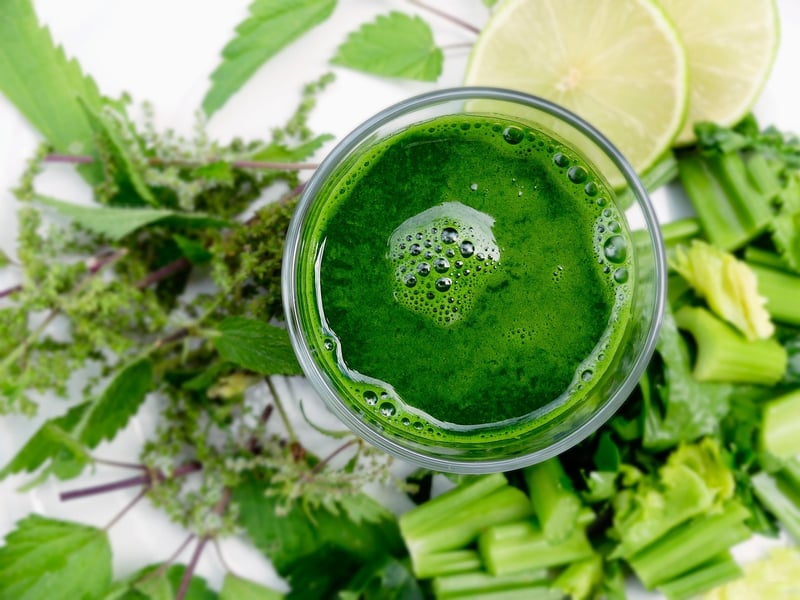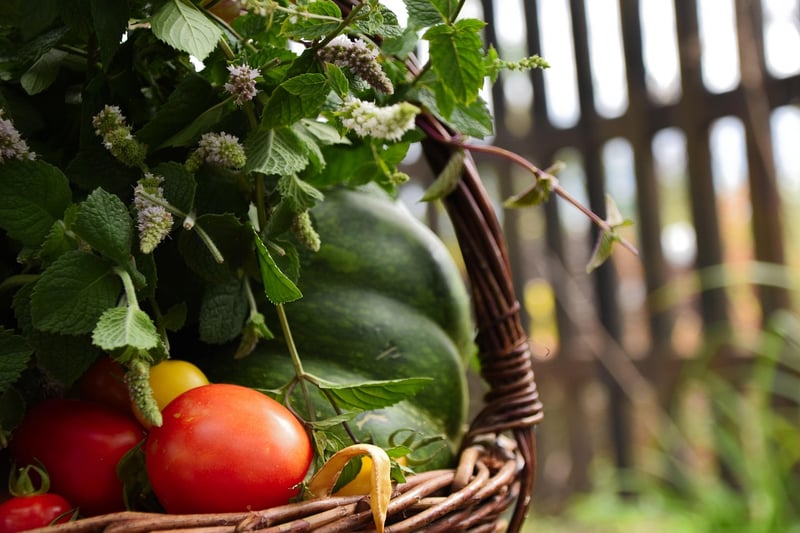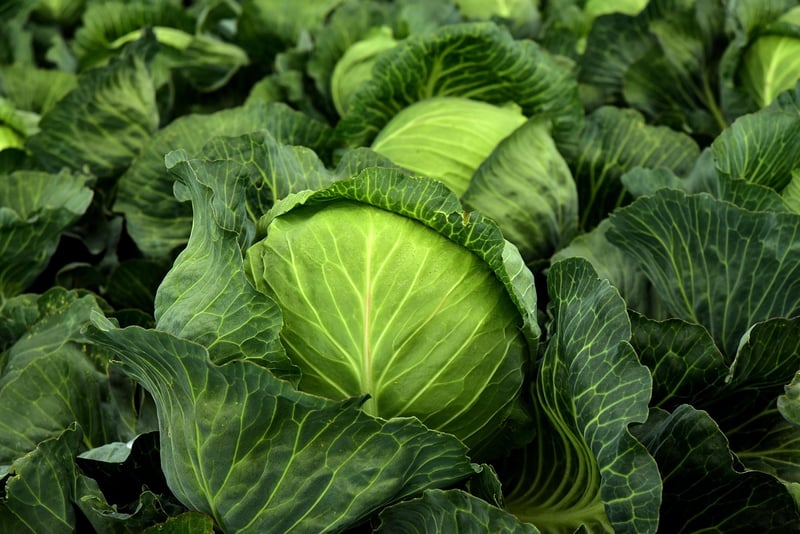Herb Cultivation
#Homegrown Produce
#Fresh Herbs
#Fruit Harvesting
Growing Food in Urban Environments and Herb Cultivation
The Rise of Urban Agriculture
With the increase in urban populations, the concept of growing food in city settings has gained popularity. Urban agriculture allows city dwellers to cultivate their own produce, promoting sustainability and reducing the carbon footprint associated with food transportation.
Benefits of Urban Farming
- Access to fresh and organic produce
- Utilization of underutilized urban spaces
- Community building and social cohesion
- Reduction of food miles and carbon emissions
- Promotion of healthier eating habits
Herb Cultivation in Urban Settings
One popular aspect of urban agriculture is herb cultivation. Herbs are easy to grow, require minimal space, and can thrive in pots or small containers on balconies, windowsills, or rooftops.
Benefits of Growing Herbs in the City
- Enhances the flavor of home-cooked meals
- Reduces the need for store-bought herbs
- Provides a fresh and convenient source of seasoning
- Contributes to greening urban spaces
Tips for Successful Herb Cultivation
- Choose a sunny spot for your herb garden
- Use well-draining soil to prevent waterlogging
- Water herbs regularly, ensuring they are not overwatered
- Prune herbs to encourage growth and prevent overcrowding
- Harvest herbs frequently to promote new growth
Popular Herbs for Urban Gardens
Some commonly grown herbs in urban settings include:
- Basil
- Mint
- Parsley
- Thyme
- Chives
- Rosemary
Get Started Today!
Whether you have a small balcony or a rooftop space, urban agriculture and herb cultivation offer rewarding experiences. Start your own herb garden today and enjoy the fresh flavors of homegrown herbs in your meals!


